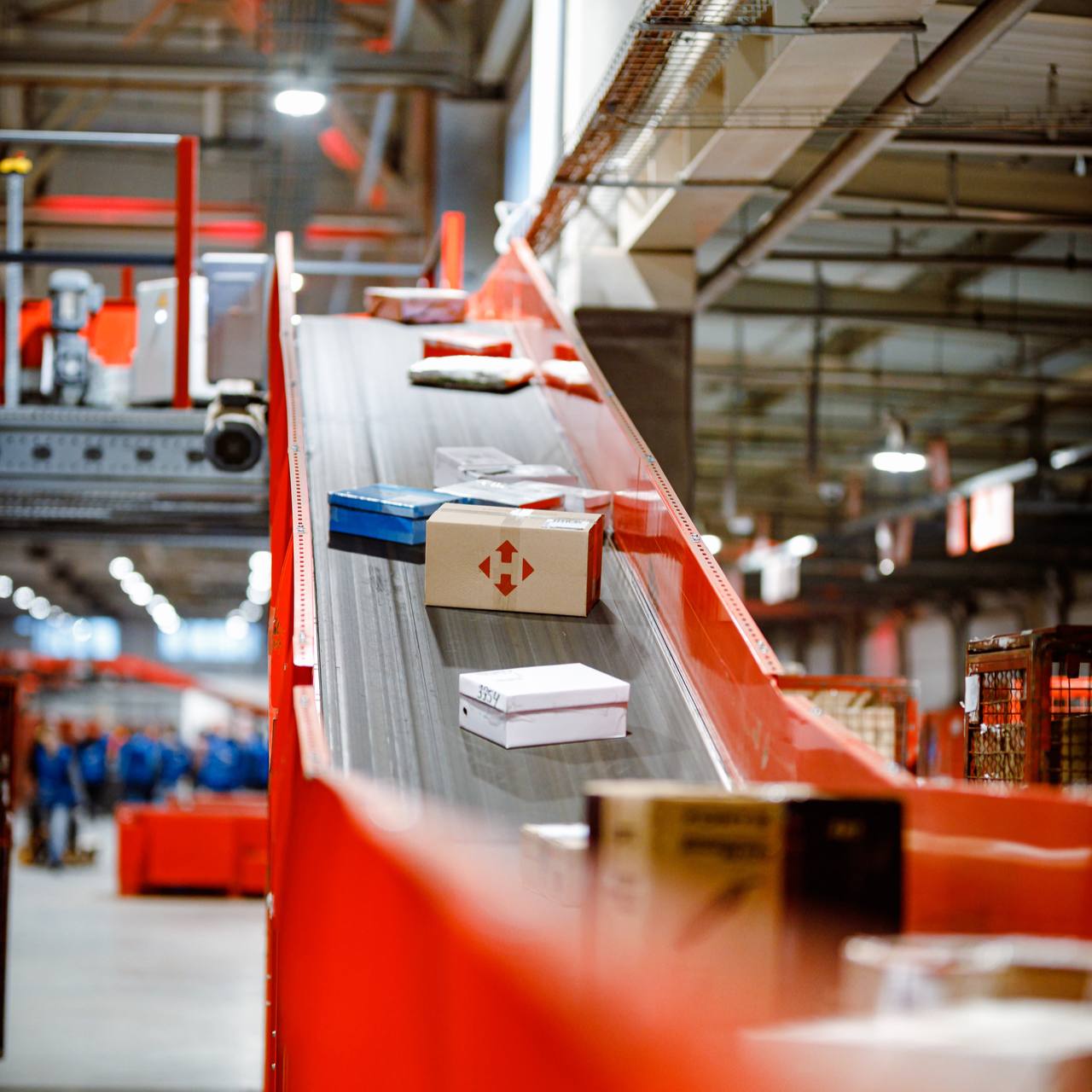Less than 1% of parcels have been taxed in four years. What to do about it
3 March 10:56
More than 272 million parcels have been imported into Ukraine since 2020, and only 0.75% of them have been subject to import duties. This is reported by Opendatabot, citing data from the State Customs Service, "Komersant Ukrainian" reports.
The largest number of shipments came to Ukraine in 2024 – 75 million, while the state budget received more than UAH 185 million in duties. On average, the import duty per shipment last year amounted to about 8 euros.
Between 2020 and 2024, the state budget received UAH 668 million from the duty.
As you know, currently goods purchased on foreign marketplaces worth up to EUR 150 enter Ukraine without paying VAT (20% of the price) and customs duty (about 10%).
The issue of taxation of parcels is being actively debated
The Verkhovna Rada has registered as many as 4 draft laws related to the taxation of parcels. The dominant thesis is that the current limit of 150 euros for tax-free parcels should be abolished and international parcels should be subject to 20% VAT. The only exception is parcels up to EUR 45 between ordinary people.
In particular, the main Draft Law “On Amendments to the Tax Code of Ukraine on Harmonization of Taxation of Operations on Importation (Shipment) of Goods in International Postal and Express Parcels” (12429) proposes to exclude provisions stipulating that operations on importation of goods not exceeding the equivalent of EUR 150 are not subject to VAT, except for importation of goods with the total invoice value not exceeding the equivalent of EUR 45, for one individual recipient in one dispatch from one individual sender in international mail or in one cargo of an express carrier from one individual sender in international express shipments, provided that such goods are sent by the sender to the recipient without any payment, are intended for personal or family use by the recipient, their characteristics and quantity do not indicate that they are imported for any commercial purpose.”
Arguments against this innovation
Meest delivery service, in response to customer requests, supported a petition against these bills. They believe that the innovations may have many negative consequences:
– a 20-30% increase in the price of all international goods for people,
– increased delivery times due to additional customs procedures: for example, according to Meest’s team, to process such a volume of shipments, it will be necessary to increase the number of customs officers at least 10 times,
– complication of the work of volunteers who order goods for the military from abroad: according to Meest’s team, about 20-30% of all international parcels are goods that people buy abroad for the needs of the Armed Forces.
According to the company, instead of strengthening control over “gray” schemes, the government creates additional barriers to transparent postal services, where each parcel has a tracking number, supporting documentation, and is officially cleared. Meest cites expert estimates that the abolition of the tax-free limit will lead to a fourfold reduction in the number of international shipments, with customs having to check all 100% of parcels.
Volodymyr Popereshnyuk, co-owner of Nova Poshta, whose opinion is also cited by Opendatabot, notes that the problem with increasing taxes on cheap goods is that raising taxes will increase prices, reduce purchasing power, and slow down economic development. He believes that if a tax on cheap parcels is introduced, there will be a collapse at customs, and the cost of processing customs procedures will be higher than the customs duties themselves. At the same time, Ukrainian producers will not be strengthened, because protectionism does not strengthen producers, but only weakens competition.
Arguments in favor of adopting legislative changes
The concerns of postal operators are partially justified, but only within the framework of the draft law proposed by the Ministry of Finance in the fall, when it was proposed to simply remove the benefit and shift the VAT payment to recipients, says Oleh Hetman, coordinator of expert groups at the Economic Expert Platform, an expert on economic and tax policy.
At the same time, according to him, the need for legislative changes is related to the increase in the import of Chinese goods to Ukraine without paying taxes, which deprives Ukrainian producers of similar goods of competitiveness and forces them out of the market, because in the current situation, when Ukrainian producers pay VAT and other taxes, while Chinese producers do not, the national product is in a deliberately losing position.
“Every year the number of tax-free parcels grows by about 40% – this year the introduction of VAT would have added at least UAH 17 billion to the budget. The future law should work according to the Google and Meta tax scheme, when the platforms charge this tax immediately upon purchase and pay it themselves through intermediary companies or Ukrainian representative offices. In this case, the state and postal operators will not incur additional costs for the implementation of this law,” emphasized Oleg Getman.
At the same time, according to him, the new law will not affect defense equipment imported by charitable foundations, state-owned enterprises, and volunteers, as they will continue to enjoy the VAT exemption on equipment and components for it.









